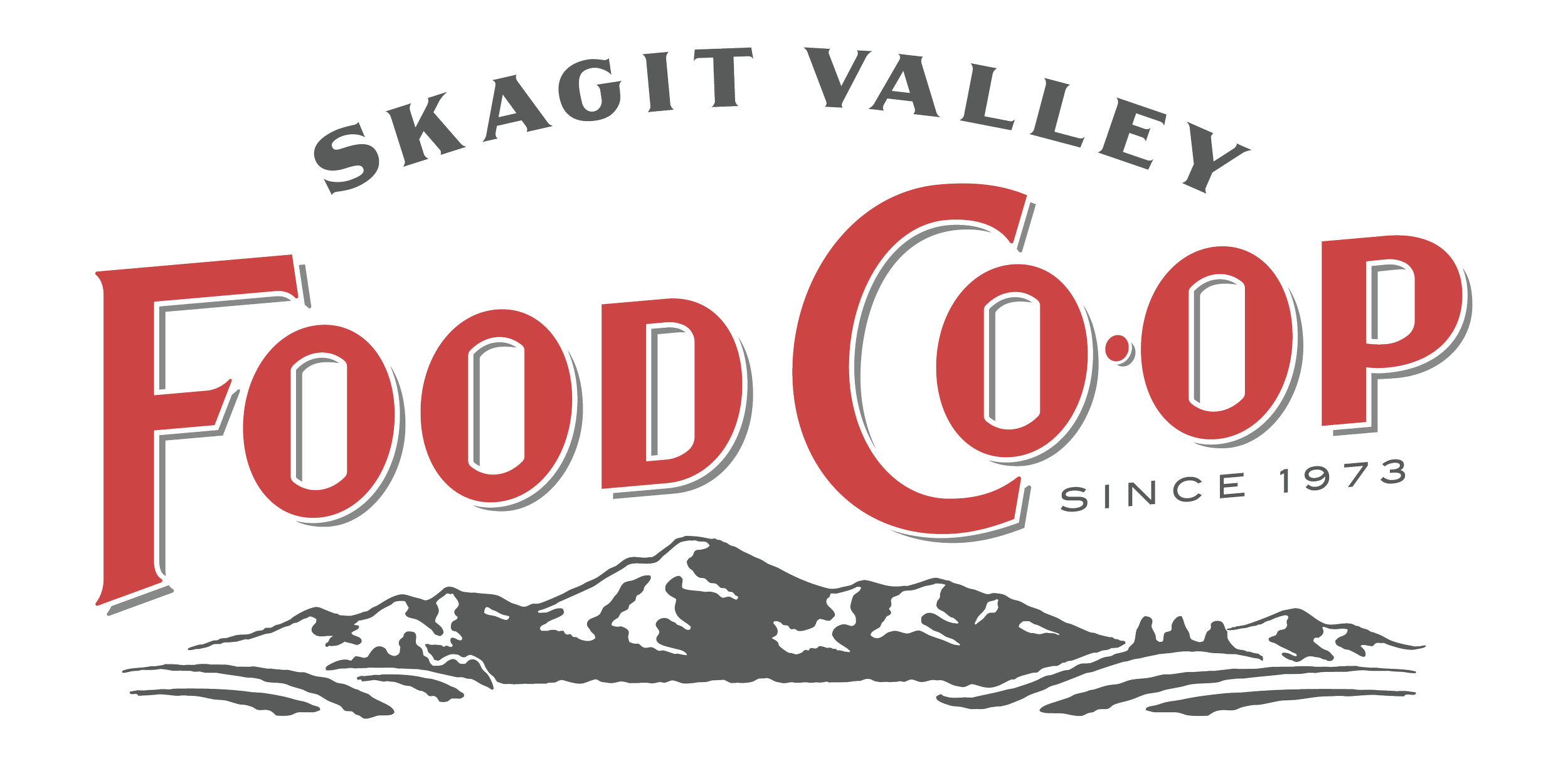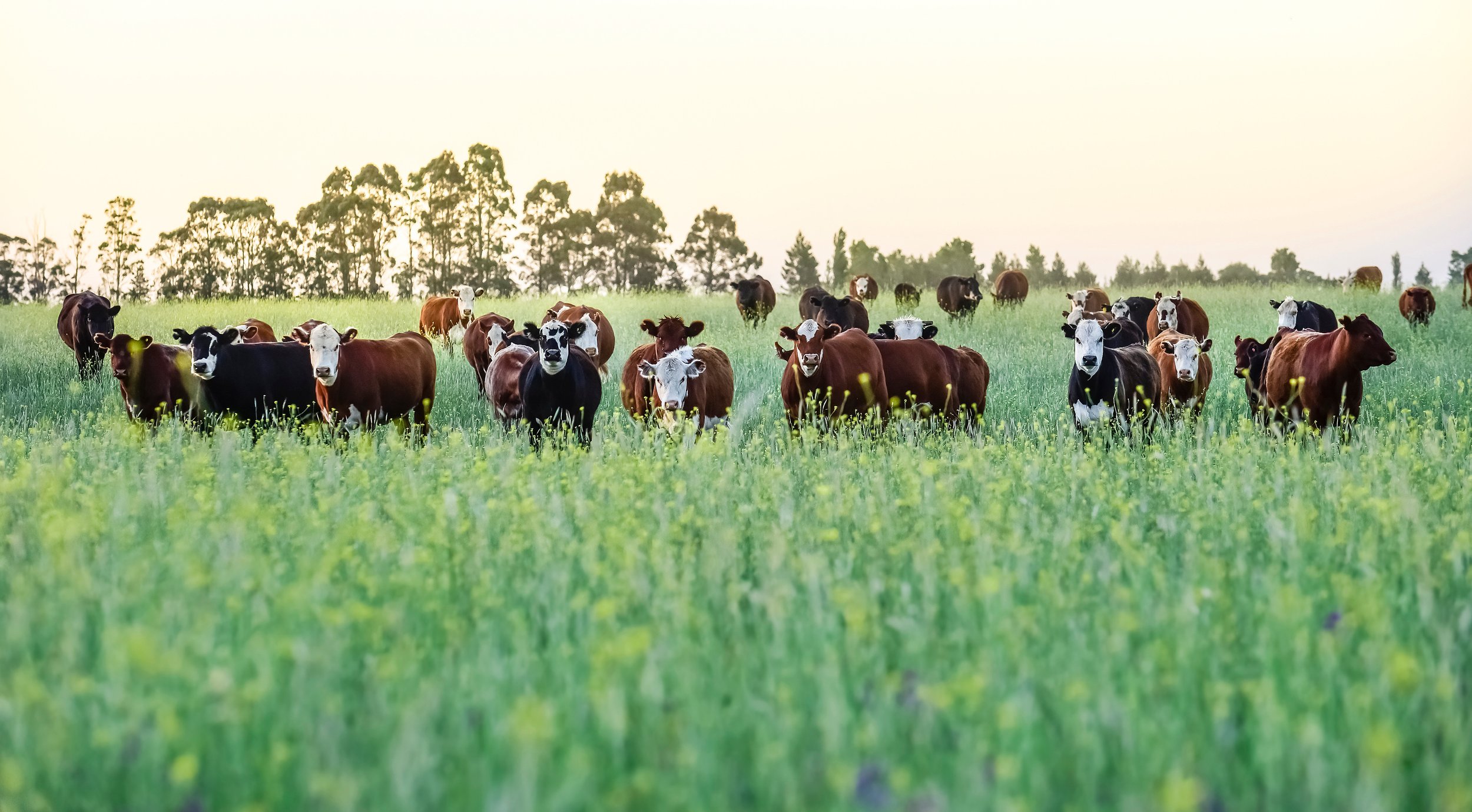Regenerative Organic: Farm Like the World Depends On It (Because It Does)
“Healthy soil = healthy food = healthy people.” - J.I. Rodale, The Rodale Institute
Once upon a time, organic farming was the only version of farming. Glyphosate-packed Roundup wasn’t stored in homeowners’ sheds, and farmworkers didn’t have to be concerned about the toxic insecticides they were handling day in and day out. No-till farming was the norm, and crop rotation was used for the sake of both productivity and soil health. Agroforestry often took place organically, and farming techniques were entirely dependent on local climate conditions.
Fast forward a few centuries, and the state of conventional agriculture is much different. Less than 1% of farmland is certified organic. The same farmworkers that keep our bellies full also put themselves at risk of toxic chemical exposure on a daily basis. 32% of vegetables and 44% of fresh fruit are imported from other countries. Many consumers expect their fresh produce to be pristine and blemish-free, with all those that are “unperfect” ending up in the trash. And while we’ve shared this statistic in The Natural Enquirer before, it’s worthwhile to share it again, because the impact should still be felt: in the United States, 40% of all food is wasted.
If you shop at the Co-op you’re likely in tune with the importance of organics, fair trade, and reducing food waste – they’re some of our most closely held values. And now, there’s a (re)emerging farming method that’s on the cusp of potentially transforming our agricultural system: regenerative organic.
What Is Regenerative Organic Agriculture?
Simply put, regenerative organic agriculture is an overarching term to describe a number of agricultural practices that focus on regenerating soil health and the entire ecosystem of a farm. When put into practice, regenerative organic agriculture can include cover cropping, no-till farming, composting, and zero use of pesticides and fertilizers. Many of these practices are a natural piece of organic farming, but they are not all required in organic certification.
And while I had some prior knowledge of soil-building farming techniques, I wasn’t aware of some of the work being done to encourage farmers and producers to embrace regenerative organic – until I had the chance to attend a workshop at the Provender Conference.
The Provender Alliance is a PNW-based nonprofit trade association with a mission to nourish, educate, and inspire its members and the greater community. Every year, individuals from the natural foods community – grocers, brand representatives, brokers, manufacturers, and others in the field gather in Hood River, Oregon for the Provender Conference. I had the opportunity to take the trip down south to represent the Co-op at their 46th annual conference in October of 2022.
Throughout the 3-day event, we heard from 3 keynote speakers – including the one and only Paul Stamets, whose HostDefense mushroom supplements you can find in wellness! I also attended countless workshops, with topics ranging from mitigating shoplifting to the importance of choosing the local option.
But what really inspired me, and reminded me of one of the many reasons I work at the Co-op, was the workshop that focused on regenerative organic agriculture. Hosted by the Regenerative Organic Alliance (ROA), a group of farmers, business leaders, and experts in soil health, animal welfare, and social fairness, this workshop gave an overview of what regenerative organic is, the work the alliance does, as well as their plans for growing their Regenerative Organic Certification (ROC) program.
Regenerative Organic Certified®
While some of the methodologies of regenerative organic agriculture have been floating around farms for decades, the term was popularized by the Rodale Institute in the early 1980s. Throughout the years, books were written, and papers were published, but regenerative agriculture was mostly only talked about in the environmental science, plant science, and ecology spheres.
But nowadays, regenerative agriculture is beginning to make its way into the conversation at the consumer level, just as USDA Certified Organic, Fair Trade, Non-GMO, and other certifications have over the years. Many farmers and producers are interested in going beyond organic certification by doing their due diligence to ensure that their products are not only organic, but grown in a way that is beneficial to the environment, animals, and workers. The Regenerative Organic Certification process allows farmers and brands to have a third-party audit their operations in order to obtain the coveted ROC seal.
For me, (and at a very, very basic level) I see the regenerative organic certification as a mesh between Fair Trade Certification, the USDA Organic seal, and a higher-level concern for soil quality, biodiversity, and animal welfare.
But, of course, the Regenerative Organic Alliance says it much more eloquently:
“Regenerative Organic Certified® (ROC) is a revolutionary new certification for food, fiber, and personal care ingredients that represents the highest standard for organic agriculture in the world, with stringent requirements for soil health, animal welfare, and social fairness”.
In addition to organic farming practices, ROC focuses on these three pillars of certification:
Soil Health – including building organic matter, crop rotation, promotion of biodiversity and more
Animal Welfare – freedom from discomfort, distress, hunger, pain/injury, pasture-raised practices, and more
Social Fairness – democratic organizations, living wages, no forced labor, transparency and accountability, and more
To date, The Regenerative Organic Alliance has had 337 ROC applicants, with 137 farms becoming certified. This includes over 882,000 certified acres and 326 crops.
I’d like to reiterate that I am by no means an expert in regenerative organic agriculture or the certification process. And while I do have a deep interest in learning more about what we can do at the Co-op to better inform customers and members about the products they’re sharing with their families, I do encourage you to do your own research at regenorganic.com to learn more about this program.
I’m excited to see where this certification takes us, and how brands will alter their farming in order to help build back our soil, biodiversity, and combat climate change. Hopefully, this is the start of a new way of looking at the way we produce our food and textiles that’s much more sustainable and a lot less harmful to this one planet we all share.
ROC Designated Brands at the Co-op
While the Regenerative Organic Certification is still in its growth stage, there are a few brands we carry at the Co-op that are working with the ROA to become certified or have become certified for certain crops.
Dr. Bronner’s
One product you’ll find with the ROC stamp of approval is Dr. Bronner’s virgin coconut oil! While their castile soap and chocolate aren’t currently ROC certified, the coconut oil used in both is.
Dr. Bronner’s farmers are located in Sri Lanka and are currently implementing regenerative agriculture practices like intercropping, composting, and mulching. David Bronner himself is a board member of ROA, so we may be seeing more from Dr. Bronner’s in the future.
Herb Pharm
Specializing in herbal tinctures, Oregon-based Herb Pharm is the first Regenerative Organic Certified® Herb Farm in the U.S. They were one of the first brands involved in the ROC pilot program and earned their first certification in 2020. Around 40 herbs from Herb Pharm are currently certified.
Patagonia Provisions
Currently, Patagonia has a few items that have received the ROC designation, including a cotton crewneck sweater that I am definitely putting on my Christmas list. Patagonia also has a member from their leadership team as a board member of ROA, so I imagine they have more in the works here as well.
Other Brands Utilizing Regenerative Organic Certified® Crops
Ancient Nutrition
Gaia Herbs
Guayaki Yerba Mate
Lotus Foods
Lundberg Family Farms
Navitas Organics
Wholesome Organic Sugar




